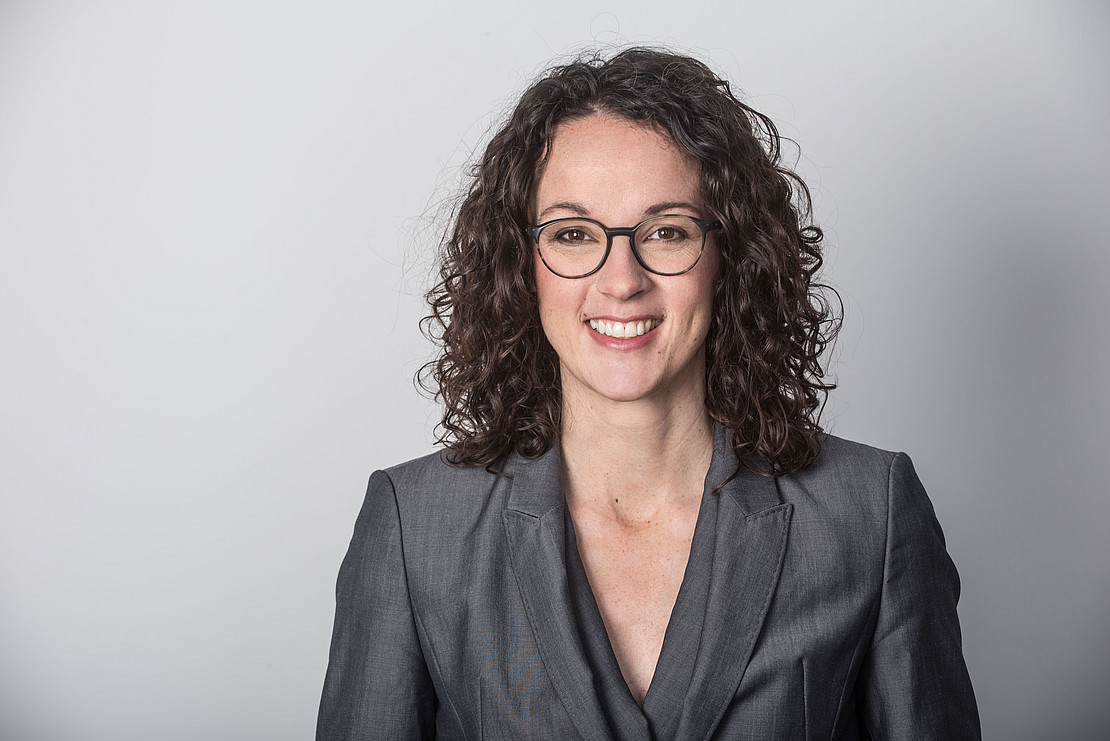The content on this page was translated automatically.
Summer semester 2020 - Joint letter from the minister and the university presidents
 Image: art.hesse.com
Image: art.hesse.comDear students, dear teachers,
dear university staff,
the extraordinary circumstances in which we currently find ourselves due to the spread of the Corona virus present our universities with very special challenges. Members of the universities are addressing these challenges with extraordinary dedication. One is, of course, academia and university medicine, which are on the front lines of making an invaluable contribution to this society during this crisis for the health of all of us. These are the volunteers in medical care, government agencies and social initiatives. They are holding our society together in these difficult days.
But it's also about the day-to-day management of this crisis at all points of higher education and the willingness to look for new solutions and pitch in. Our respect goes to your commitment, the commitment of the students, the teachers, the administrative-technical staff, the artists and the scientists. We thank you for your mutual trust, of which so much is needed, especially in these times.
It is our task to create reliable framework conditions that provide security for all those involved, but also leave enough freedom to be able to react to individual peculiarities on site.
That is why we are sharing with you today guidelines that mark our common path for the coming semester. In doing so, we want to create clarity, but at the same time we must remain flexible in order to be able to respond quickly to current developments.
We are aware that there are still many unanswered questions that cannot be answered at present. We are doing everything in our power to work out solutions as quickly as possible, also together with the federal government and the other states, and we will communicate these solutions transparently.
We are breaking new ground
University thrives on the exchange between people. Since the current situation affects precisely this core, the coming semester will be no ordinary one. Together, we are focusing on flexibility in the organization of teaching, study and examination. Teaching and research will take place in forms that meet epidemiological requirements. This means above all: with temporarily restricted attendance and new formats. Our common goal is to ensure that everyone who wants to complete the semester can do so as far as possible.We're getting started together
On April 20, teaching at universities in the state of Hesse will initially begin with digital offerings. This is also the starting point in many other states. We are excited about how many new digital offerings and additional solutions have been developed within the universities in recent weeks. Depending on official orders, face-to-face courses will probably be held again during the semester. In Hesse, we have jointly decided to flexibly move back the end of the lecture period within the summer semester. In doing so, we also want to take into account a recovery period and the family situation during the Hessian summer vacations. We want to decide concrete dates soon depending on individual circumstances with each other.No one should be left behind
Students who are unable to provide any or all of their scheduled services due to the consequences of the Covid 19 pandemic should not be disadvantaged as a matter of principle. This applies in particular with regard to regulations which, for example, take up the standard periods of study. The science ministers of the federal states will lobby the federal government to ensure that flexible regulations are found for BAföG, child benefits, health insurance, etc. that do justice to the realities of students' lives in times of the Covid 19 pandemic.We are making an effort
Together, we want to enable as many and high-quality offerings as possible despite the restrictions. The unfamiliar formats require major adjustments on everyone's part. That's why faculty in particular, but also administrative/technical staff, are equally challenged to do their part in these new formats. It also requires students to be willing to engage with these new formats in a trusting and committed manner. We are very grateful for the great efforts that are already being made in this regard. We will continue to support you in this. There are also changes beyond teaching: On the important issue of libraries, for example, adjustments are to be made to ensure lending operations and digital offerings are to be expanded. Since there are more free rooms in the universities, some of the exams that have been cancelled in recent weeks can be made up in a large area with the necessary physical distance during the summer semester. Research will also continue with all possible vigor. We are supporting young scientists and artists in particular and are committed to ensuring that this group, too, does not suffer any disadvantages as a result of the current situation. Accordingly, we are lobbying at the federal level for an amendment to the Wissenschaftszeitvertragsgesetz (German Act on Temporary Scientific Contracts) and for appropriate exemptions for third-party funding providers.We are keeping an eye on the next stage
The postponements at universities in the summer semester and in the Abitur examinations in several federal states will also have an impact on the coming 2020/2021 winter semester. We have agreed at the federal level that we will find uniform solutions. They should do justice both to students who need lecture-free periods for rest, work or practical units, and to new freshmen who expect a reliable admissions process or aptitude tests at the art colleges, a place at university and a smooth start to their studies. We currently anticipate that classes for the winter semester will begin on Nov. 1, 2020.